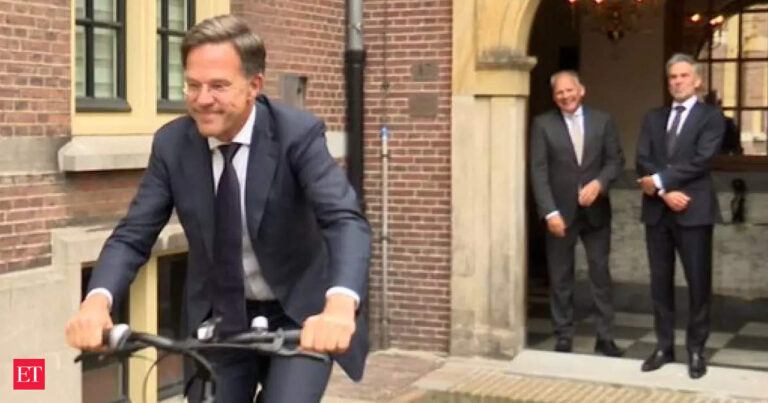Schoff’s appointment marks a significant departure from the traditional political landscape, as he holds the leadership position without being affiliated with a political party and has not been involved in recent electoral contests. Meanwhile, Rutte is preparing to take on the role of secretary-general of NATO, the strategic alliance that protects member states in Europe and North America.
The transition comes as the Netherlands’ first far-right government takes office, following a landmark election that reshaped the country’s political trajectory. The party led by Geert Wilders has promised a governance shift following Rutte’s long tenure as prime minister.
The development highlights a critical moment in Dutch politics, reflecting continuities and changes in national leadership and policy direction.
Dutch Prime Minister Dick Schof gave his inaugural speech to parliament on Wednesday, vowing to prioritize one of the new government’s key goals: reducing immigration.
“One of the biggest concerns is asylum and immigration. Regardless of one’s perspective, that’s the crux of the matter,” Schoff said. Schauw, who is not affiliated with any of the four parties in the coalition government, officially took over leadership from long-serving Prime Minister Mark Rutte on Tuesday. The 67-year-old former head of the Dutch intelligence agency and counter-terrorism office was an unexpected choice for the top job.
In last year’s election, the anti-immigration party led by Geert Wilders won the lion’s share of seats, prompting four parties to form a coalition government that took 223 days. Boycott by other coalition partners prevented the controversial Wilders from assuming the premiership.

